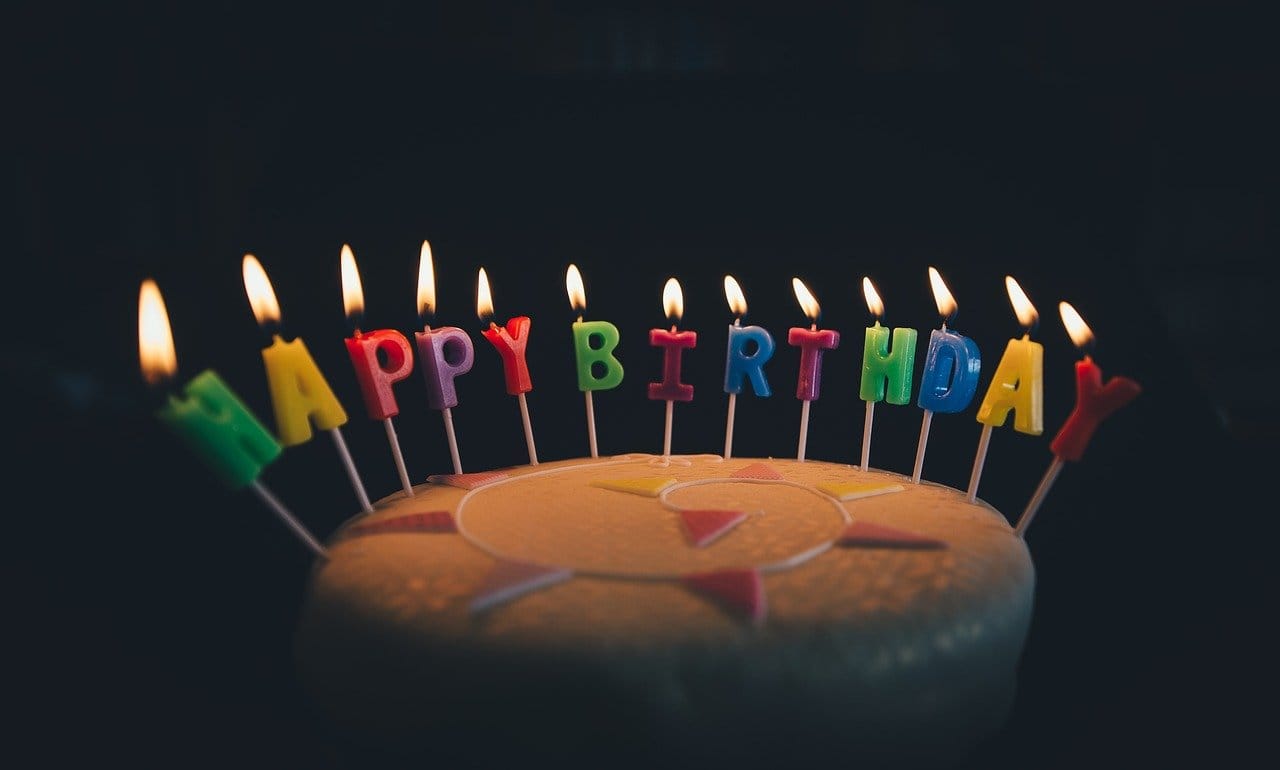Netizens note a strange pattern: for some reason, before their birthday they catch colds more often, chronic diseases become more acute more often, and injuries happen literally out of the blue. We decided to figure out whether this was an unfortunate coincidence or whether there was some scientific explanation.
People share stories: “Every year, two to three weeks before my birthday, I I'm getting sick", "I've done this every year since I was 19. I'm sick severe (flu, fever)”, “The day before my 30th birthday I broke leg and met this day in the hospital, all in flowers”, “The other day a neighbor received serious injury (pelvic bone fracture) on the eve of the anniversary.” Forums and blogs are trying to explain this pattern. astrology, changing life cycles, biorhythms and even temporary departure of the guardian angel.
The media is also paying attention to the problem. For example, “Arguments and Facts” note, that “a few weeks before the birthday, the number of purulent complications almost doubles in patients of surgical clinics; in cardiology departments, the number of patients admitted with arrhythmias sharply increases.” And the website KM.ru shares even more detailed statistics: “Kemerovo physiologists have published a fact: the number of purulent complications after operations performed on patients on the eve or immediately after their birthday increases to 32%, compared with the norm of 12%. Ukrainian gerontologists have discovered an even stranger correlation: the risk of death in the last month before a birthday and in the first month after is 36.2% higher for women, and 44.4% higher for men.”
The fact that a birthday is a test for the psyche is beyond doubt among experts. In English-language literature there is even a term - birthday blues, describing a depressed state of mind, anxiety and depression that occurs a week or two before the holiday. This phenomenon is also called birthday depression, or informally translated into Russian as "birthday boy syndrome". Psychologists list Possible causes of despondency:
— discrepancy between the desired holiday scenario and the expectations of family or society (you want to spend the day alone, but you need to throw a noisy party);
— disappointment in existing social connections (someone didn’t remember and didn’t congratulate, they didn’t give what they wanted, an important person didn’t come to visit);
- a feeling of the finiteness of life and revision of what has been achieved (especially often occurs before a round date).
University of California researchers calculatedthat people whose age ended in 9 were more likely to ask existential questions and search for the meaning of life than everyone else. Moreover, before the round date their behavior changed. On the website for finding partners for extramarital affairs, there were 17.88% more people who were about to celebrate their anniversary in the coming year than users of other ages. Among the 500 people who took part in the marathon for the first time, there were 74 people whose age ended in 9, while if distributed evenly there should have been only 50.
There is also data O increasing the number of suicides shortly before the solemn date, exactly on it, or a couple of days later. Some statistical studies show that mortality from other causes is somehow related to the day of birth. Back in 1992, a group of scientists analyzed dates of death of 2,745,149 people who died from natural causes. Women more often died within seven days after their birthday, while men, on the contrary, died seven days or less before the holiday. From Swiss observations With more than 12 million people, birthdays are the deadliest day of the year, accounting for 17% more deaths than any other. In 2012, researchers noted Another pattern: on the day of birth there were 13.8% more heart attacks with fatal consequences, and it was also on this day that the lives of cancer patients more often ended. Excess mortality on the day of birth was also noted by scientists from USA And Ukraine. Thus, out of more than 100,000 Kiev residents, 44% of men and 36% more women died on their birthday than on all other days.

Among the possible explanations for this pattern, scientists list more quantity alcohol consumed on holiday, more risky behavior and psychological moments when seriously ill people put the goal is to live to a certain date, and those experiencing suicidal thoughts appoint a holiday is a kind of deadline before which they give things a chance to get better. Researchers also admit the existence of special annual rhythms and their impact on health, similar to daily or circadian. However, scientists do not yet have more accurate data.
Also, no large-scale scientific studies have yet been conducted regarding birthdays and the risk of catching a cold. However, in some of the observations listed above, mortality from various injuries was taken into account: both before the holiday and on the birthday itself, it actually increased. Tendency to worsen some chronic diseases, in turn, can be explained by psychosomatic reasons associated with stress from the holiday and its organization, as well as unfulfilled expectations. To such diseases first of all include bronchial asthma, migraines and headaches, dermatitis, hypertension, stomach and duodenal ulcers, ulcerative colitis.
Thus, there is a sufficient number of scientific works demonstrating that the risk of dying on your birthday, a couple of days before or after, is higher than on other days of the year. However, there is no clearly accepted explanation for why this happens. Also, stress from the upcoming holiday can provoke an exacerbation of certain chronic diseases. As for respiratory diseases before an important holiday, they have not yet come to the attention of scientists at all.

This is not accurate
Read on the topic:
If you find a spelling or grammatical error, please let us know by highlighting the error text and clicking Ctrl+Enter.






